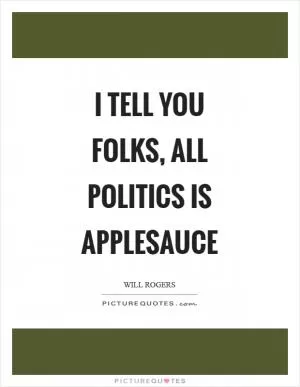People that pay for things never complain. It's the guy you give something to that you can't please

People that pay for things never complain. It's the guy you give something to that you can't please
Will Rogers, the beloved American humorist and social commentator, once famously said, “People that pay for things never complain. It's the guy you give something to that you can't please.” This statement perfectly encapsulates the paradoxical nature of human behavior when it comes to receiving gifts or favors. Rogers' astute observation sheds light on the inherent complexities of human psychology and the dynamics of reciprocity.When someone pays for a product or service, they have a certain level of expectation and accountability. They are entering into a transactional relationship where they are exchanging money for a specific good or service. In this scenario, the individual has a clear understanding of what they are paying for and what they can expect in return. If the product or service does not meet their expectations, they may express their dissatisfaction, but ultimately they have made a conscious choice to pay for it.
On the other hand, when someone receives something for free or as a gift, the dynamics of the relationship change. The recipient may feel a sense of entitlement or obligation, which can lead to unrealistic expectations or ungrateful behavior. In this situation, the giver may find it challenging to please the recipient, as their expectations may be unclear or constantly shifting.
Rogers' statement also speaks to the concept of perceived value. When someone pays for something, they assign a certain value to it based on the price they are willing to pay. This perceived value can influence their level of satisfaction with the product or service. However, when something is given for free, the recipient may not fully appreciate its value or the effort that went into providing it.












 Friendship Quotes
Friendship Quotes Love Quotes
Love Quotes Life Quotes
Life Quotes Funny Quotes
Funny Quotes Motivational Quotes
Motivational Quotes Inspirational Quotes
Inspirational Quotes